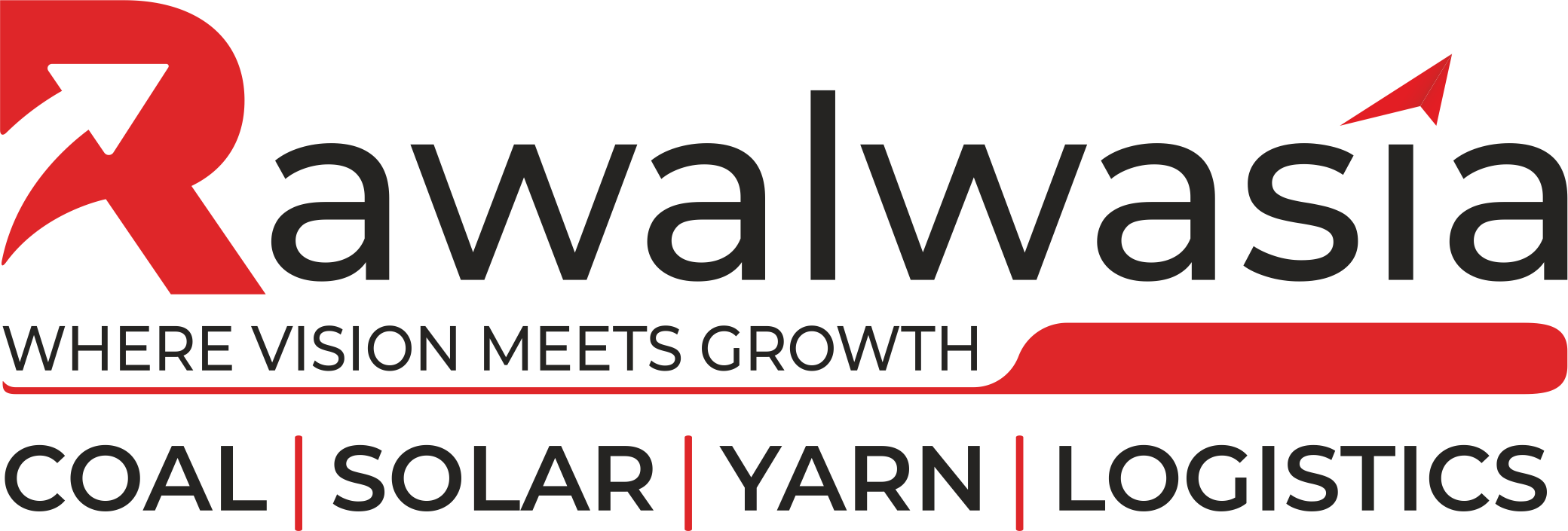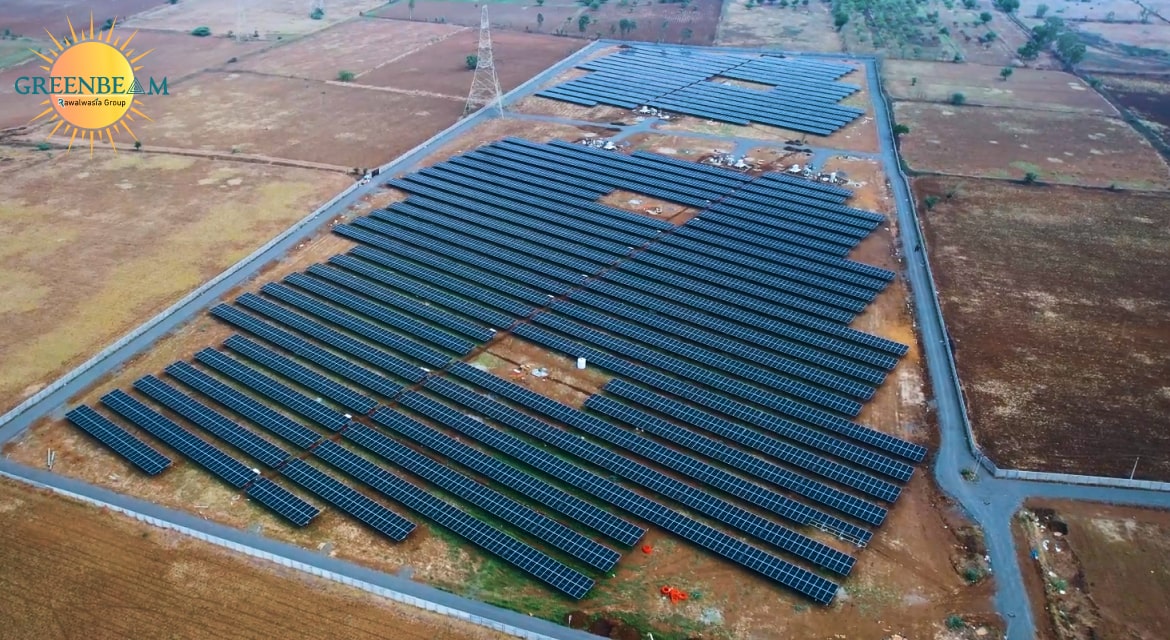Introduction to Solar Energy

Sustainability and cost-efficiency have become paramount in today’s rapidly evolving business landscape. Solar energy, a renewable and inexhaustible resource, has emerged as a leading solution for businesses aiming to reduce their carbon footprint and operational costs. Harnessing solar power aligns with global sustainability goals and offers numerous tangible benefits for businesses of all sizes. This article explores the top five reasons companies should incorporate solar energy into their operations, highlighting its uses, advantages, and the mindset required to transition to solar power.
Understanding Solar Energy

Solar energy is derived from the sun’s radiation and can be converted into electricity or heat. It is a clean, renewable source of energy that can be harnessed using various technologies, primarily Photovoltaic (PV) panels and solar thermal systems. Unlike fossil fuels, solar power does not produce harmful emissions, making it an environmentally friendly alternative.
Uses of Solar Energy
Solar energy can be utilised in multiple ways to benefit businesses:
- Electricity Generation:
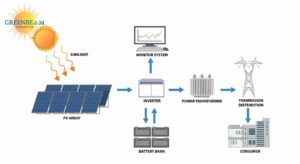
Photovoltaic panels convert sunlight directly into electricity, which can be used to power business operations. This reduces reliance on grid electricity and lowers utility bills.
- Heating and Cooling:

Solar thermal systems can provide heating and cooling solutions, reducing the need for conventional HVAC systems and lowering energy costs.
- Lighting:
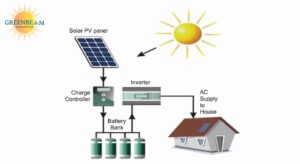
Solar-powered lighting systems can be used indoors and outdoors, enhancing energy efficiency and reducing electricity expenses.
- Water Heating:

Solar water heaters can supply hot water for various business applications, from manufacturing processes to employee amenities.
- Remote Power:
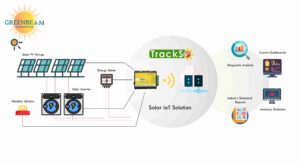
Solar energy provides a reliable and independent power source for businesses in remote locations, ensuring continuous operations without requiring extensive infrastructure.
Advantages of Solar Energy for Businesses
1. Cost Savings
One of the most compelling reasons businesses adopt solar energy is the potential for significant cost savings. The ongoing costs are minimal once the initial investment in solar panels and installation is made. Solar energy systems require little maintenance and have a lifespan of 25-30 years, offering long-term savings on energy bills. Additionally, many governments offer tax incentives, rebates, and grants to businesses that invest in solar energy, further reducing the financial burden.
2. Energy Independence
Businesses can reduce their dependence on external energy providers by generating their electricity. This independence protects them from fluctuating energy prices and potential disruptions in the energy supply. With a reliable solar energy system, businesses can ensure a steady power supply, even during peak demand periods or emergencies.
3. Environmental Responsibility
Switching to solar energy demonstrates a commitment to environmental sustainability. Businesses can significantly reduce their carbon footprint and contribute to the fight against climate change by using clean, renewable energy. This helps the planet and enhances the company’s reputation among environmentally conscious consumers and stakeholders.
4. Enhanced Corporate Image
Adopting solar energy can improve a business’s corporate image and brand value. Consumers are increasingly favouring companies that prioritise sustainability and eco-friendly practices. By showcasing their commitment to renewable energy, companies can attract a broader customer base and strengthen their market position.
5. Compliance with Regulations
As governments worldwide implement stricter environmental regulations, businesses must reduce their greenhouse gas emissions and adopt sustainable practices. Investing in solar energy helps companies to comply with these regulations, avoiding potential fines and legal issues. Moreover, proactive sustainability measures can give businesses a competitive edge in markets where environmental compliance is highly valued.
Solar Energy in Practice: Business Mindset and Examples
Adopting a Solar Mindset
Transitioning to solar energy requires a strategic shift in the business mindset. Here are some key considerations:
- Long-Term Vision: Businesses should view solar energy as a long-term investment rather than a short-term expense. Long-term savings and benefits will offset the initial costs.
- Sustainability Goals: Incorporating solar energy aligns with broader sustainability goals. Businesses should integrate solar power into their sustainability strategy to maximise its impact.
- Employee Engagement: Educating and involving employees in the transition process can foster a culture of sustainability within the organisation. Employee buy-in is crucial for the successful implementation of solar energy projects.
- Continuous Improvement: Solar technology is continually evolving. Businesses should stay informed about advancements in solar energy and be open to upgrading their systems to enhance efficiency and performance.
Real-World Examples
Numerous businesses across various industries have successfully integrated solar energy into their operations. Here are a few notable examples:
- Apple Inc.: Apple has invested heavily in solar energy to power its data centres and retail stores. The company has committed to using 100% renewable energy for its global operations, significantly reducing its carbon footprint.
- Walmart: Walmart has installed solar panels on its stores’ rooftops and distribution centres’ rooftops. This initiative reduces energy costs and aligns with the company’s sustainability goals.
- Google: Google has been a leader in renewable energy adoption, investing in large-scale solar and wind projects. The company aims to run its global carbon-free energy operations by 2030.
- Patagonia: The outdoor apparel company has installed solar panels at its headquarters and retail stores, reducing its reliance on non-renewable energy sources and reinforcing its commitment to environmental responsibility.
Features of Solar Energy Systems
When considering solar energy systems for business use, several key features should be evaluated:
- Efficiency: The efficiency of solar panels is a critical factor in determining their effectiveness. High-efficiency panels convert more sunlight into electricity, maximising energy production.
- Durability: Solar panels and related equipment should be durable and withstand various weather conditions. High-quality materials and construction ensure a longer lifespan and better performance.
- Scalability: Solar energy systems should be scalable to accommodate a business’s growing energy needs. Modular designs allow for easy expansion as the company grows.
- Monitoring and Control: Advanced monitoring systems enable businesses to track their solar energy production in real time[. This data can be used to optimise performance and promptly identify any issues.
- Warranties and Support: Comprehensive warranties and reliable customer support are essential for maintaining the solar energy system’s performance over its lifetime.
Conclusion
Incorporating solar energy into business operations offers numerous advantages, from cost savings and energy independence to enhanced corporate image and compliance with regulations. Businesses can achieve significant financial and environmental benefits by adopting a forward-thinking mindset and investing in solar technology. Real-world examples demonstrate that solar energy is viable and a strategic asset for businesses aiming to thrive in a sustainable future. As solar technology continues to advance, the opportunities for businesses to harness the sun’s power will only grow, making now the perfect time to explore the potential of solar energy.
